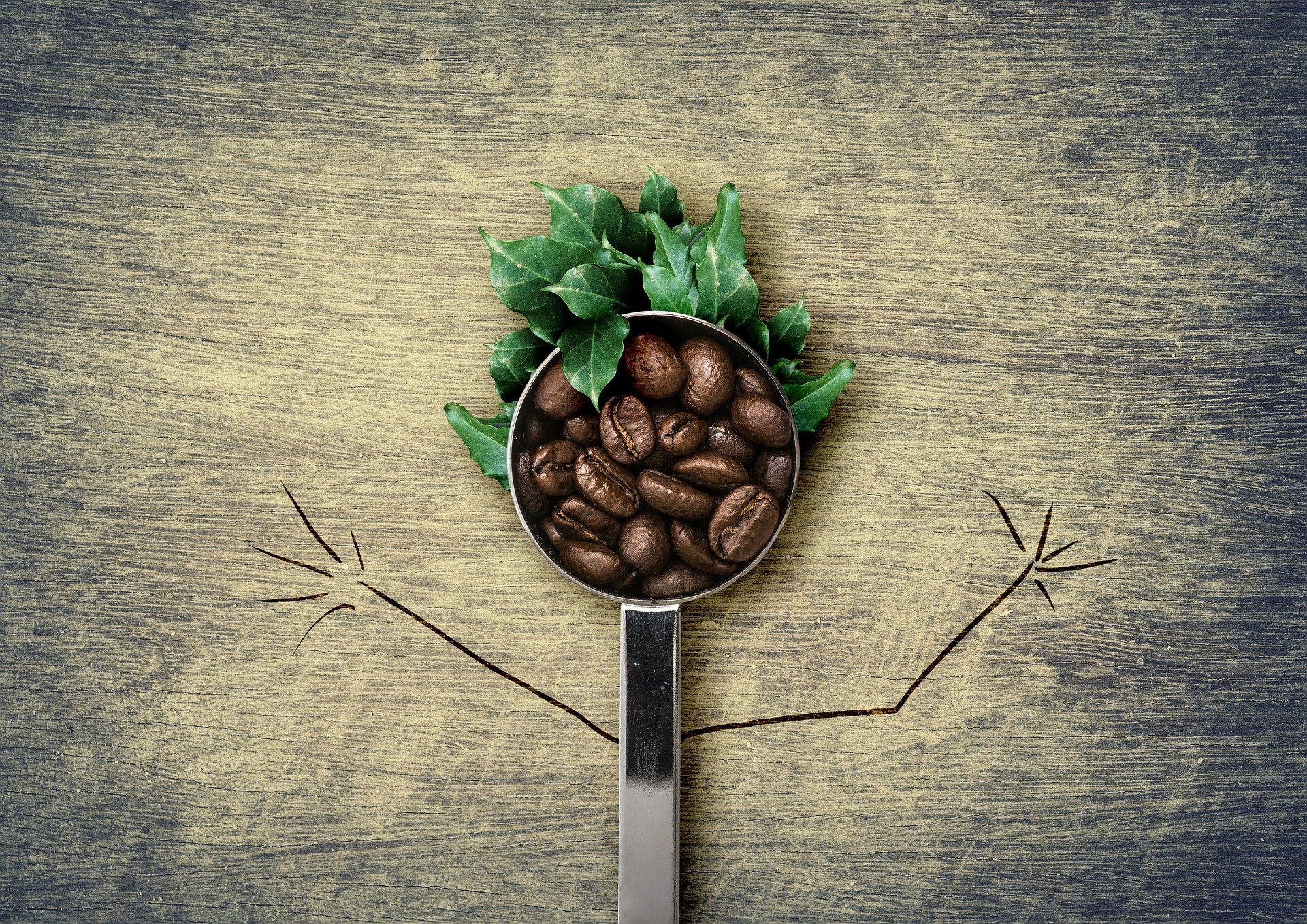As we roll into the fourth and final week of Caffeine Awareness Month, it’s time to take a look at what the future holds for one of the world’s most widely consumed food components.
In collaboration once again with the Canadian Beverage Association, today’s closing article will offer a peek into the unanswered questions that intrigue both scientists and the public at large.
Last but certainly not least is definitely the theme with this one.
Canada is in the top 10 of coffee consuming countries per capita and Market Reports have the Caffeinated beverage industry in America valued at over 200 billion dollars, with projected growth attributed to the rising awareness of the physical and cognitive performance benefits that caffeine offers.
And it’s with those benefits in mind that we start today’s exploration.
Part 1: Caffeine, Carbohydrates – The Perfect Pair For Physical Performance?
Caffeine intake is well studied in the world of athletics.
Take a look at the findings outlined in this 2010 paper from the Journal Of The International Society Of Sports Nutrition’s Position Stand on caffeine and performance:
- Caffeine improves focus and performance when athletes are tired due to lack of sleep or engaged in prolonged intense activity
- This is true of caffeine in various forms whether coffee, tea or supplemental
- Caffeine is particularly effective for time-based activities that require maximum effort over a prolonged period of time (such as a bike race)
- It also proven effective for performance enhancement in stop/go sports like soccer
Carbohydrate intake is also well studied in the world of athletics.
Many of the world’s athletes and most active people rely on thousands of calories per day from carbohydrates to fuel optimal performance.
And while caffeine is often thought of as a “pre-workout” boost, carbohydrate is much more broadly identified to be critical to all phases of the performance cycle (before, during, after).
But there is certainly a potential overlap in their roles.
Yet, as per the findings of a recent paper out of the Nutrients journal, a potential interaction and synergy between these two forces remains possible but not sufficiently studied ( despite the large body of research done on both caffeine and carbohydrates individually).
This is a question that will intrigue sports scientists for years to come, especially in light of preliminary evidence from studies in both rugby and soccer players that caffeine supplementation ( with a carbohydrate beverage) during activity offers additional performance benefits.
The interaction between caffeine and other popular performance aids ( such as creatine) also continues to be of great interest to researchers.
Given how strongly the popularity of caffeinated beverages is driven by interest around performance, I would expect interest to continue to grow on how caffeine interacts with, and can combined with, these other useful compounds.
Speaking of other compounds….
Part 2: Coffee & CBD – The Popular Power Couple Of The Future?
There is a growing cannabis culture here in Canada, which has been further facilitated by Health Canada’s recent legalization and regulation activities.
What I want to discuss here specifically is the emergence of Cannabidiol (CBD) oil – which does not contain the psychoactive compound THC.
THC is what would otherwise lead to the “high” that cannabis users experience, which one does not get from CBD.
Rather, oral doses of CBD ( as in the popular oil products) may have a role to play in managing anxiety related to Seasonal Affective Disorder (SAD).
So where does caffeine in come into the picture?
Well, if this Marie Claire article is to be believed, it does indeed appear that CBD oil in coffee has become popularized in some circles.
And while it may scientifically seem like a random connection to make, there was some very preliminary evidence published in A 2018 paper by the Journal Of Internal Medicine that caffeine may, in some way, act on the same nervous system pathways ( known as endocannabinoid) that cannabis-derived products are known to.
While this is no endorsement of CBD oil coffee, I can’t deny the pervasiveness of both of these compounds might make any potential relationship between them a great topic of interest for future study in the years to come.
And it’s with that thought, very much one for the future, that I bring yet another Caffeine Awareness Month to a close.
But before I do, let’s summarize what we’ve learned week to week during Caffeine Awareness Month 2020:
- Week 1 – The History Of Caffeine: Caffeine has been used by humans throughout history, very likely first “ discovered” in prehistoric times by consuming a caffeine-containing plant and noticing the performance benefits that followed.
- Week 2 – Natural Vs Synthetic Caffeine: Caffeine is found in a wide array of foods and products, sometimes lab-produced caffeine is added to certain products – but does not change it’s health benefits.
- Week 3 – Do We Consume Too Much Caffeine?: Despite some notions to the contrary, most Canadians consume caffeine within Health Canada’s recommended ranges.
Not too shabby eh?
Once again, thank you for joining me on what I hope you’ve found to be an educational journey and I encourage you to explore my previous blog posts for more great caffeine related content.
Until next time,
Andy De Santis RD MPH



